CHICAGO, Ill., USA: The folklore of the tooth fairy is widely known and practiced in various countries in the English-speaking world. It states that, when a child loses a baby tooth and puts it under the pillow, the tooth fairy will replace it with a small gift during the night. This tradition is celebrated on August 22 in the form of National Tooth Fairy Day. How did the myth of the tooth fairy actually come into being?
Like any other myth, the story of the tooth fairy evolved over time. Its origins go back as far as the 13th century, when Medieval Icelandic literary works first mentioned a “tooth fee” that was paid when a child lost its first tooth. In other northern European countries, like Medieval England, it was believed that children had to burn their primary teeth to save themselves from hardship in the afterlife. The Vikings, however, associated children’s teeth with good luck in battle.
In Europe, there is also the more general tradition of the good fairy born from popular literature and fairy tales in more recent times. However, the most popular version of a tooth deity is the figure of a mouse, who would enter children’s rooms and retrieve their lost baby teeth. This tradition is prominent in Russia, Spain and many Asian countries.
Of course, it is no longer common in the Western world to burn teeth or wear them around the neck as a lucky charm. Instead, parents usually put a small gift or money under their children’s pillows. These days, the tooth fairy “rewards” vary according to the family’s economic status and country. In a survey conducted by Visa in 2013, it was found that children in the US received an average of $3.70 per lost tooth. The report also mentioned that one of the reasons behind the trend is peer group pressure: Parents do not want their kids to be the ones at the playground who received the lowest amount.
However, there is more to the tooth fairy than just the financial aspect or the myth itself. Primary teeth are the foundation for a healthy dentition and teach a child to practice oral hygiene from an early age onwards. The American Dental Association has a number of activities listed on its website to help make National Tooth Fairy Day special for children and to engage them in fun activities surrounding oral health, like a brushing calendar to keep track of which teeth they have lost.
Tags:
A recent surge of innovations has sparked a transformative wave in the field of dentistry, reshaping the landscape of oral healthcare. In this interview, Dr...
COPENHAGEN, Denmark: In a discovery that may help reconstruct the evolution of many current and extinct species in a totally new way, scientists have ...
ŌTSU, Japan: The links between diabetes, obesity and periodontal disease are well established; however, most studies on their associations have had sample ...
Dr Ronaldo Hirata is an internationally recognised expert in restorative and aesthetic dentistry and has more than three decades of clinical, research and ...
SYDNEY, Australia: Research conducted by the University of Sydney has found chewing and biting to be the cause of adult teeth breaking through the gums ...
BUFFALO, N.Y., US: Research has shown that smoking cannabis can be detrimental to overall health and can have adverse effects on the lungs, heart and brain....
VIENNA, Austria: In just two weeks, more than 10,000 oral health professionals from across the globe are expected to gather for EuroPerio11, the leading ...
Many dentists continue to have reservations about bleaching and are hesitant to include tooth whitening in the range of services they offer to their ...
When it comes to tooth wear, there are two primary aetiologies that I as a practising dentist encounter most frequently. The first, erosion, is often linked...
OSLO, Norway: Alleviating stress for fearful dental patients, especially vulnerable ones such as children, is of paramount concern for dentists. Now, a ...
Live webinar
Tue. 3 March 2026
11:00 am EST (New York)
Dr. Omar Lugo Cirujano Maxilofacial
Live webinar
Tue. 3 March 2026
8:00 pm EST (New York)
Dr. Vasiliki Maseli DDS, MS, EdM
Live webinar
Wed. 4 March 2026
12:00 pm EST (New York)
Munther Sulieman LDS RCS (Eng) BDS (Lond) MSc PhD
Live webinar
Wed. 4 March 2026
1:00 pm EST (New York)
Live webinar
Fri. 6 March 2026
3:00 am EST (New York)
Live webinar
Tue. 10 March 2026
4:00 am EST (New York)
Assoc. Prof. Aaron Davis, Prof. Sarah Baker
Live webinar
Tue. 10 March 2026
8:00 pm EST (New York)
Dr. Vasiliki Maseli DDS, MS, EdM



 Austria / Österreich
Austria / Österreich
 Bosnia and Herzegovina / Босна и Херцеговина
Bosnia and Herzegovina / Босна и Херцеговина
 Bulgaria / България
Bulgaria / България
 Croatia / Hrvatska
Croatia / Hrvatska
 Czech Republic & Slovakia / Česká republika & Slovensko
Czech Republic & Slovakia / Česká republika & Slovensko
 France / France
France / France
 Germany / Deutschland
Germany / Deutschland
 Greece / ΕΛΛΑΔΑ
Greece / ΕΛΛΑΔΑ
 Hungary / Hungary
Hungary / Hungary
 Italy / Italia
Italy / Italia
 Netherlands / Nederland
Netherlands / Nederland
 Nordic / Nordic
Nordic / Nordic
 Poland / Polska
Poland / Polska
 Portugal / Portugal
Portugal / Portugal
 Romania & Moldova / România & Moldova
Romania & Moldova / România & Moldova
 Slovenia / Slovenija
Slovenia / Slovenija
 Serbia & Montenegro / Србија и Црна Гора
Serbia & Montenegro / Србија и Црна Гора
 Spain / España
Spain / España
 Switzerland / Schweiz
Switzerland / Schweiz
 Turkey / Türkiye
Turkey / Türkiye
 UK & Ireland / UK & Ireland
UK & Ireland / UK & Ireland
 Brazil / Brasil
Brazil / Brasil
 Canada / Canada
Canada / Canada
 Latin America / Latinoamérica
Latin America / Latinoamérica
 USA / USA
USA / USA
 China / 中国
China / 中国
 India / भारत गणराज्य
India / भारत गणराज्य
 Pakistan / Pākistān
Pakistan / Pākistān
 Vietnam / Việt Nam
Vietnam / Việt Nam
 ASEAN / ASEAN
ASEAN / ASEAN
 Israel / מְדִינַת יִשְׂרָאֵל
Israel / מְדִינַת יִשְׂרָאֵל
 Algeria, Morocco & Tunisia / الجزائر والمغرب وتونس
Algeria, Morocco & Tunisia / الجزائر والمغرب وتونس
 Middle East / Middle East
Middle East / Middle East
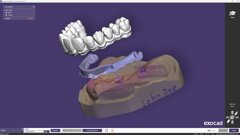


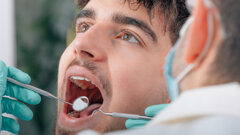
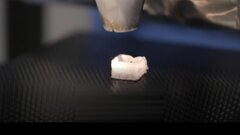
























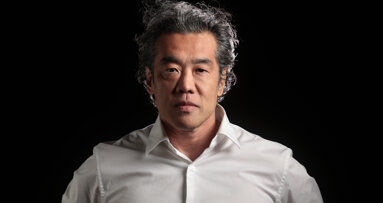
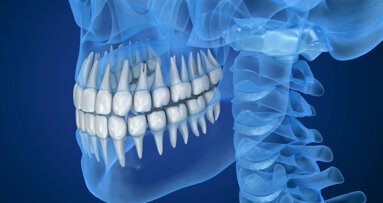
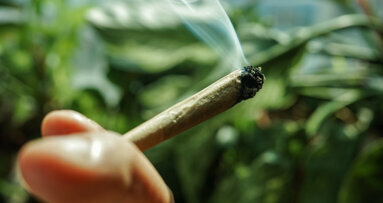

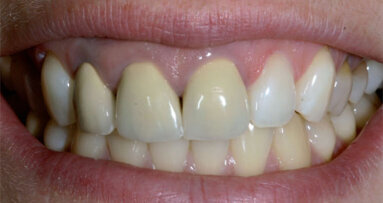
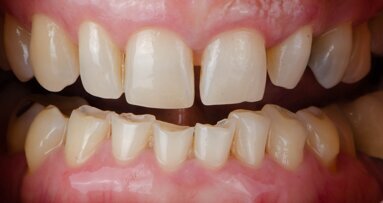








To post a reply please login or register